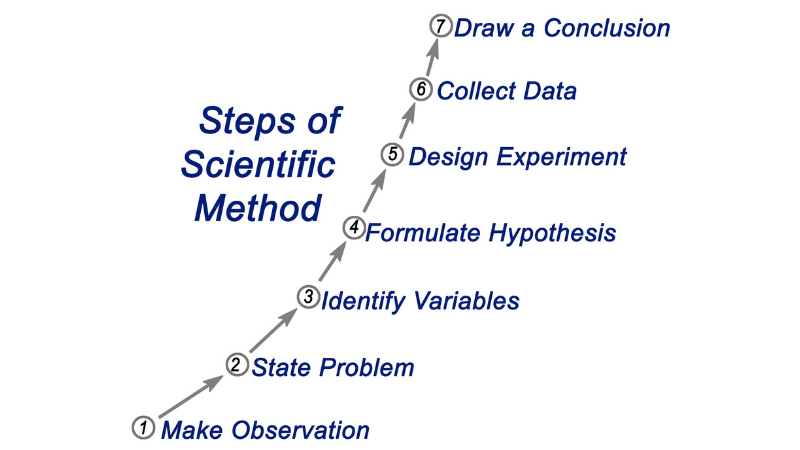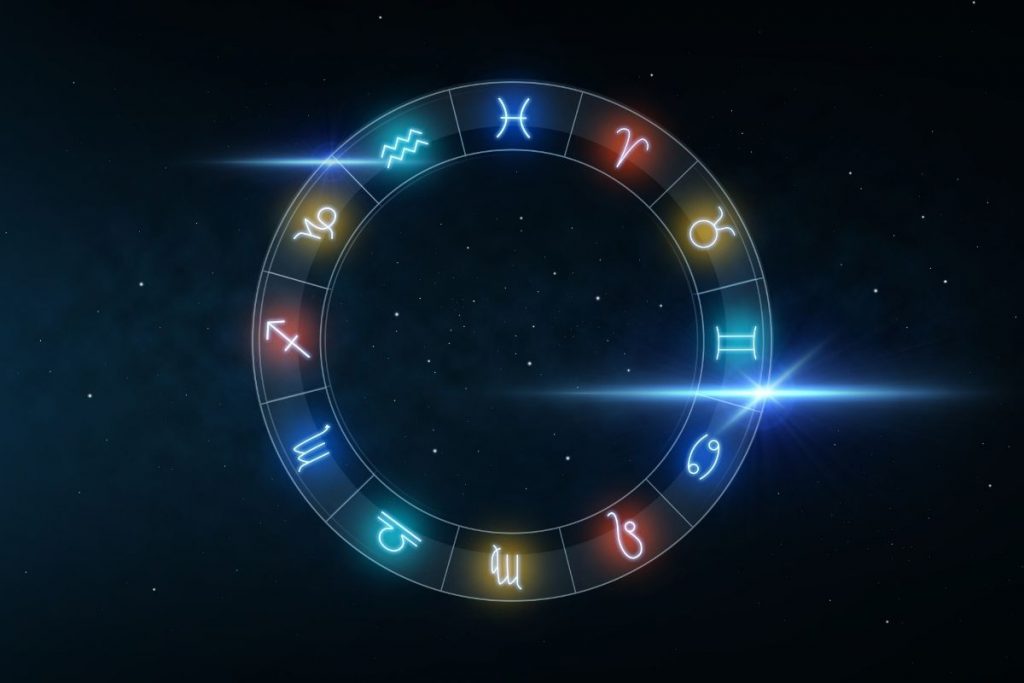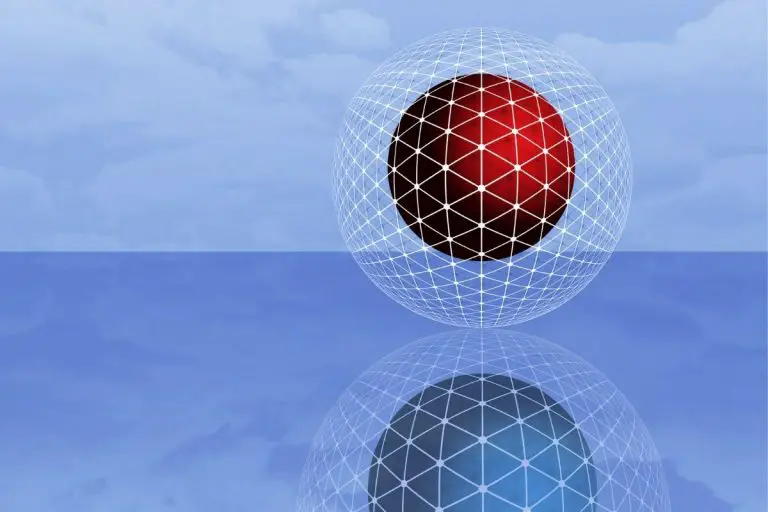What’s the Difference Between Cosmology and Astrology?
Several sciences study the universe and the impact it may have on life on earth. But it’s difficult to not mix up things with the terminology. For example, do you know the difference between cosmology and astrology? At first, you might think it’s the same as between cosmonauts and astronauts, but not really :-).
Cosmology and Astrology are not in the same field of studies of the universe. Both Cosmology and Astrology use the planets and stars in their investigative research, but cosmology can prove its scientific findings accurately where the astrology cannot.
This is the main difference, but we’ll get deeper on this topic in the following of this article, so keep reading if you are interested in discovering everything about these terms.
The Differences Between Cosmology and Astrology
To understand the differences between Astrology and Cosmology, you need to understand the study of Astronomy. Astronomy is the science that studies and delves further into the understanding of space and the universe as a whole.
Cosmology is a scientific branch of Astronomy, that is concerned with the study of the Big Bang Theory in the universe. Whereas Astrology is what we call a pseudoscience, a science that is not backed by scientific research, in the study of how the universe influences human relationships and events.
What is the Scientific Method?
The scientific method is the 6-step method that scientists base their factual evidence on. It is the method that defines the difference between what is actually science, and what is not.
The 6-step scientific method that science, including Astronomy and Cosmology, base their research on is as follows:
- Observation
- Question
- Hypothesis
- Experiment
- Analysis
- Conclusion

The scientific method is a continuous cycle from steps 1 through to 6, whereby randomization, fair sampling procedures, and blinding studies are used to gather scientific evidence to prove results and conclusions.
Astrology is made from a set of ideas that presents itself as a science, but cannot meet the above criteria to prove its scientific relevance. Without being able to go through the Scientific Method wholly, Astrology is, therefore, not classified as a science. Or at least not one that can prove its findings.
Cosmology Explained
Cosmology is the study of the origin of the universe. As well as the history of the universe, cosmology also explores the study of the future of the universe.
Cosmology is one of the many branches of Astronomy that can base its findings on the scientific method used to prove research and observation.
“Cosmology is the scientific study of the large scale properties of the universe as a whole”
– NASA
Cosmologists aim to uncover the truth in the tale of the universe. Seeking to discover where the universe came from, why there are planets and why they purposefully orbit the sun in the solar system and endeavoring to determine what comes next for the universe.
With that in mind, there are 4 branches that Cosmology extends into:
1. Physical Cosmology
Investigates the largescale events of the universe as a whole, from beginning to end. This would include research into the big bang theory.
2. Religious Cosmology
Religious Cosmology works on the same basis as Physical Cosmology, but from a religious viewpoint. Religion has its views on why the universe is the way it is. Take the Christian Bible, for example, whereby God created the universe.
3. Metaphysical Cosmology
Also referred to as Philosophical Cosmology, this part of Cosmology research delves deeper into trying to understand if the universe has an ulterior motive and what that motive might mean for the future.
4. Esoteric Cosmology
Esoteric Cosmology can be defined as the mythical beliefs behind the universe and its creation. Usually based on ancient philosophies.
The Other Areas that Work with Cosmology
Due to the four different parts of Cosmology and its large-scale research of the universe as a whole, numerous other scientific backgrounds enhance, or rather work alongside, the investigations into the science of Cosmology.
Working almost hand in hand with Cosmology are other sciences like the following:
- Physics
- Astrophysics
- Quantum Mechanics
All these areas, along with numerous other physics sciences, are relevant to the study of cosmology and you will find researchers and scientists in these fields often work together. Ultimately, to seek answers to further understanding the universe.
What is Astrology?
Simply put, Astrology is the study of how space, the stars, and the planets, affect human alignment and movement. Astrology is not recognized as a science and therefore is not a branch of Astronomy.
Scientists in the field of Astronomy, study everything outside of the earth’s atmosphere and can back up their claims with evidenced research and investigation. This is why Astrology, however, is not classified as a science. Astrology is based on belief and is lacking in evidence and proof of its claims.
As a pseudoscience, astrologists base their studies on scientific claims and observations that cannot be proven by the scientific method explained earlier. It makes sense in this case that Astrology is classified as a pseudoscience. ‘Pseudo’ comes from the Greek word meaning false.

There are numerous branches of Astrology, some claiming to have over 80 branches in Astrology. Further, advancing the field of just “star signs” and “which planet aligns with you this month”.
We won’t get into all 80 fields of Astrology, but here are some of the branches you might find in Astrology:
Mundane Astrology
Mundane Astrology predicts future world events based on cycles determined by historians.
Medical Astrology
Medical Astrology is based on ancient beliefs that your zodiac sign can help to determine your illness. Aligning your sign with the planets can help a Medical Astrologer diagnose your disease.
Relationship Astrology
A relationship astrologer will use people’s birth charts to see where they align on a compatibility scale and what their strengths and weaknesses might be.
Natal Astrology
This part of Astrology is to help ascertain a person’s future or present path in life.
Horoscopic Astrology
Using a chart of the stars and the planets, some might call it a chart of the heavens, Horoscopic Astrologers study how the heavens affect an individual’s personality and/or life.
Is Astrology the Study of Horoscopes?
Astrologers do study what we know as Horoscopes. Astrologers study the patterns of the universe and how those patterns affect and have an impact on our lives.
The study of horoscopes, the patterns of the universe, the positions of the stars and the movements of the planets in the solar system, are all a part of what Astrologer’s study in theory. There is, contrary to the belief of many, however, no practical evidence of what Astrologer’s study and put into practice.
As a career, an Astrologer predominately charts the sky, the positions of the stars and planets, celestial objects, and their alignment with human personality.
The study of Horoscopes has been around for thousands of years. Horoscopes originated in Babylon over 2000 years ago and spread throughout Ancient Egypt, Greece, and further over time, whereby humans used the stars, through astrology, as a way to predict the future and plan ahead.
Today, through the ancient study of astrology, there are numerous paths to go down to further define the study of Horoscopes:
- Astrology (Using celestial objects for future insight related to human personality and activity)
- Palm readings (The telling of someone’s future through the lines on their palms)
- Crystallomancy (Crystal gazing or throwing gems into water)
- Cleromancy (Throwing and reading small objects with designs on them)
- Aura readings (Subtle radiation surrounding a person)
- Cartomancy (Card readings)
As you can see, Astrology dives into much more than just horoscopes.
Differences between Cosmology and Astrology
Based on the above information, here is a table to simply see the differences and similarities between Astrology and Cosmology:
| Cosmology | Astrology | |
| Type of Science | Cosmology is a science | Astrology is a pseudoscience |
| Branch | Branch of Astronomy | Branch of its own |
| The study of | The universe wholly | The universe’s solar system and charts based on the universes sun, moon, stars, and planets and how they align with human relevance. |
| Focuses on | Answering questions about the universe to better understand where we come from and why | Answering personal questions related to human traits based on star signs, and aligned planets |






